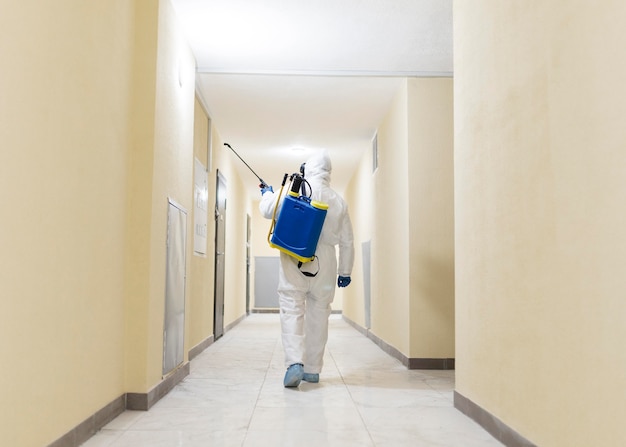
Expert Termite Repair Specialists in Colorado Springs
Termites can be a homeowner's worst nightmare, silently causing significant damage to the structural integrity of properties. In Colorado Springs, where the climate can sometimes favor these unwelcome guests, it is vital to have access to expert termite repair specialists. These professionals not only address existing damage but also help in preventing future infestations, ensuring homes remain safe and sound. With a strategic approach, termite repair specialists offer a range of services tailored to meet the specific needs of each situation.
Understanding Termite Damage
Termite damage is often insidious, progressing unnoticed until significant harm has occurred. The primary types of termites found in Colorado Springs include subterranean and drywood termites. Both types can cause extensive damage, though they operate differently.
Subterranean Termites
These termites live underground and build tunnels to reach food sources. They are known for causing damage that can lead to structural failure if not treated promptly. Common signs of subterranean termite damage include:
- Swollen floors and ceilings
- Hollow-sounding wood
- Mud tubes on walls
Learn more in this detailed guide about identifying and dealing with subterranean termites.
Drywood Termites
Unlike their subterranean counterparts, drywood termites don't require contact with the soil. They can survive directly in the wood structures of a home. Indicators of drywood termite infestation include:
- Small piles of frass (termite droppings)
- Damage to wooden surfaces and furniture
- Visible termite wings near windowsills
For more comprehensive strategies on handling drywood termites, explore further insights here.
The Role of Termite Repair Specialists
Termite repair specialists in Colorado Springs provide a critical service by not only addressing existing damage but also helping to safeguard homes against future infestations. Their expertise includes:
Assessment and Inspection
Professionals conduct thorough inspections to assess the extent of termite damage. This involves evaluating the structural integrity of the affected areas and identifying the termite species involved. The findings help in devising a tailored repair plan. Read more about this topic to understand the inspection process.
Damage Repair and Restoration
Once the assessment is complete, specialists begin the repair and restoration process. This may involve:
- Replacing damaged wood structures
- Reinforcing weakened areas to restore structural integrity
- Applying treatments to prevent future infestations
Find additional information on specific repair techniques here.
Preventive Measures
Prevention is key to long-term termite control. Repair specialists often recommend and implement preventive measures, such as:
- Regular inspections to detect early signs of termite activity
- Installing physical and chemical barriers
- Educating homeowners on best practices for termite prevention
Explore further insights here for more on preventive strategies.
Choosing the Right Termite Repair Specialist
When selecting a termite repair specialist, it is crucial to consider their experience, credentials, and customer reviews. A reputable specialist will provide a clear plan of action and have a history of successful treatments and repairs.
For additional guidance on selecting a qualified termite repair professional, find additional information here.